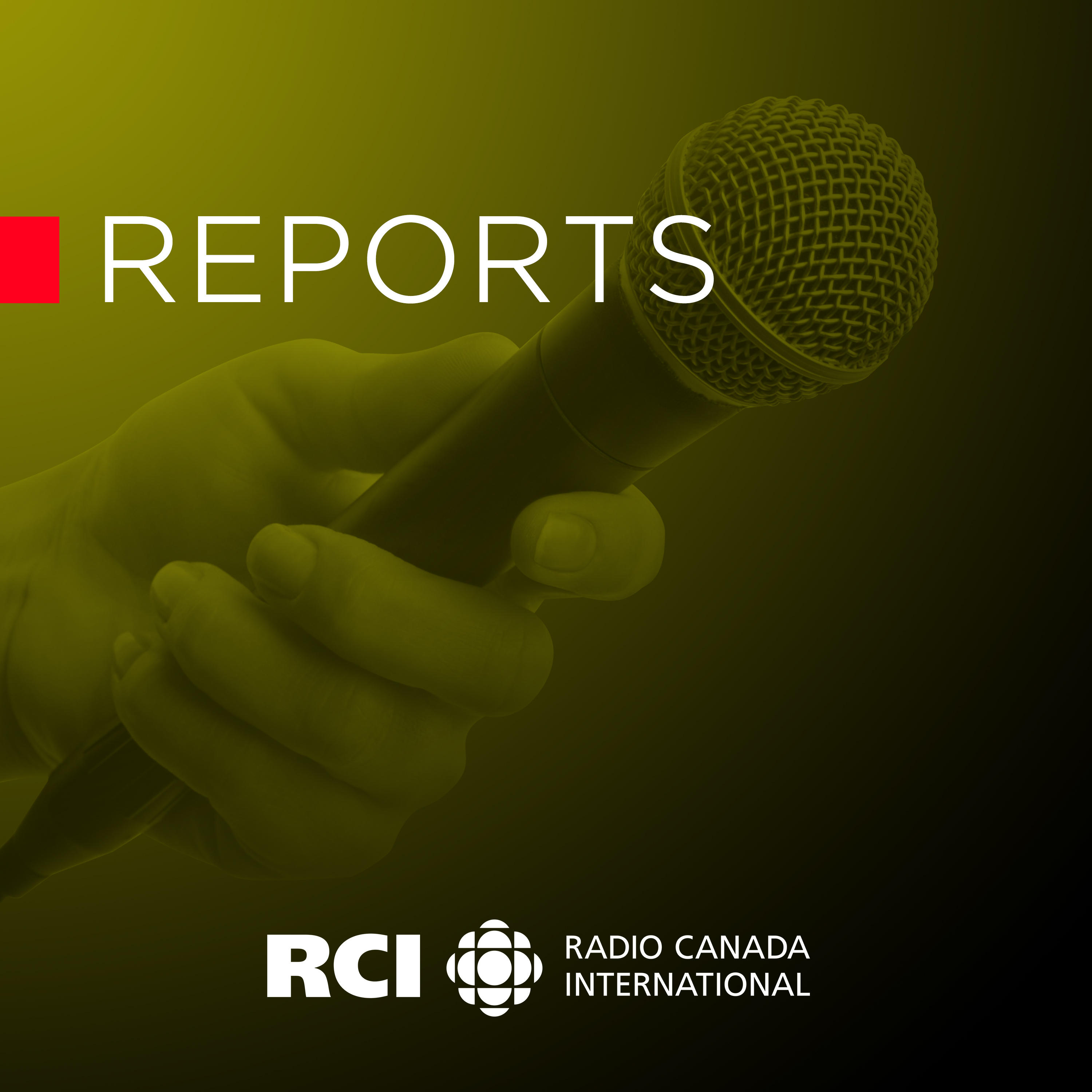Alberta to repeal carbon tax and press on pipelines, says incoming premier
Description
Alberta premier-designate Jason Kenney says he’ll move fast to repeal the carbon tax legislation adopted by the previous centre-left New Democratic Party government and jump-start stalled pipeline projects, setting the stage for a confrontation with the federal government, neighbouring British Columbia and Quebec.
Kenney, 50, who will be sworn as premier of the oil-rich Western Canadian province on Apr. 30, after his United Conservative Party secured a landslide victory in Tuesday’s election, said his first order of business would be to kill the carbon tax legislation adopted by Rachel Notley’s NDP government.
At the same time Kenney vowed to revive a bill that was passed by Notley’s government but never enacted, threatening to cut oil and gas shipments to B.C. if the provincial government there continues to resist the Trans Mountain Pipeline expansion project.
“We are going to act according to the best interests of Alberta,” Kenney said Wednesday, speaking to reporters in Edmonton. “I think the job of the premier of Alberta is to defend our vital economic interests, and for me it means demonstrating to the government of British Columbia and other provincial governments that we mean business.”
ListenEN_Clip_3-20190418-WME30
Carrot and stick approach to get the pipelines
A load of pipes originally destined for the Trans Mountain pipeline sits idle on a Kamloops B.C. rail siding. (Dennis Owen/Reuters)
Kenney said he spoke with B.C. Premier John Horgan who called to congratulate him and added that he wants to have one-on-one substantive meeting with his western neighbour.
“I think Premier Horgan knows very well that we are serious about defending our vital economic interests,” Kenney said. “I’ve always said that it’s not our intention to begin with reducing energy shipments to British Columbia but to have the power to do so.”
At the same time, despite disagreements with B.C. over the expansion of the Trans Mountain pipeline to transport oil from northern Alberta to the Pacific Coast near Vancouver, Kenney said he will continue to seek common ground with the Horgan government on a massive liquefied natural gas project.
In his victory speech on Tuesday, Kenney had also reached out to voters in the French-speaking province of Quebec with a pitch in French for another pipeline expansion project, this one going east towards oil refineries on the Atlantic Coast.
On Wednesday, Quebec Premier François Legault congratulated Kenney on his electoral victory but shot down his idea for more oil pipelines.
“What I am saying is there is no social acceptability for a new oil pipeline in Quebec,” Legault said, while expressing his enthusiastic support for a natural gas pipeline from Alberta to Quebec.
Jason Kenney spoke in French last night to ask for the support of Quebec to build a new oil #pipeline to a Canadian coastline.
François Legault replied in English this morning. Here is what he said about the UCP's big win in Alberta.#ableg #abvote #abvotes pic.twitter.com/GlCAs1APBL
— Geneviève Normand (@GeNormand) April 17, 2019
'Fight for a fair deal'
Alberta’s economy, which depends heavily on the oil and gas industry, has fallen on hard times following the collapse of oil prices in 2008 and then 2014.
Alberta’s economic woes have also been compounded by limited pipeline capacity to pump its crude to world markets, forcing producers to sell their oil at huge discounts.
“Alberta is going to fight for a fair deal in the federation,” Kenney said. “And we don’t think it’s reasonable for other provinces like Quebec to take our equalization money while opposing pipeline projects that will help us pay the bills within the federation.”
Nevertheless,
More Episodes
Canada's international broadcast service from the English language team of Radio Canada International has come to an end.
RCI, (originally the International Service, CBC-IS) was initially created towards the end of the Second World War. The purpose was to broadcast news and information from...
Published 05/14/21
Published 05/14/21
The cost of compensating victims of Canada's now-infamous residential school system was over $3 billion, according to a final report released Thursday by Parliament's Independent Assessment Process Oversight Committee.
The committee, which has been overseeing the compensation process since...
Published 03/12/21


